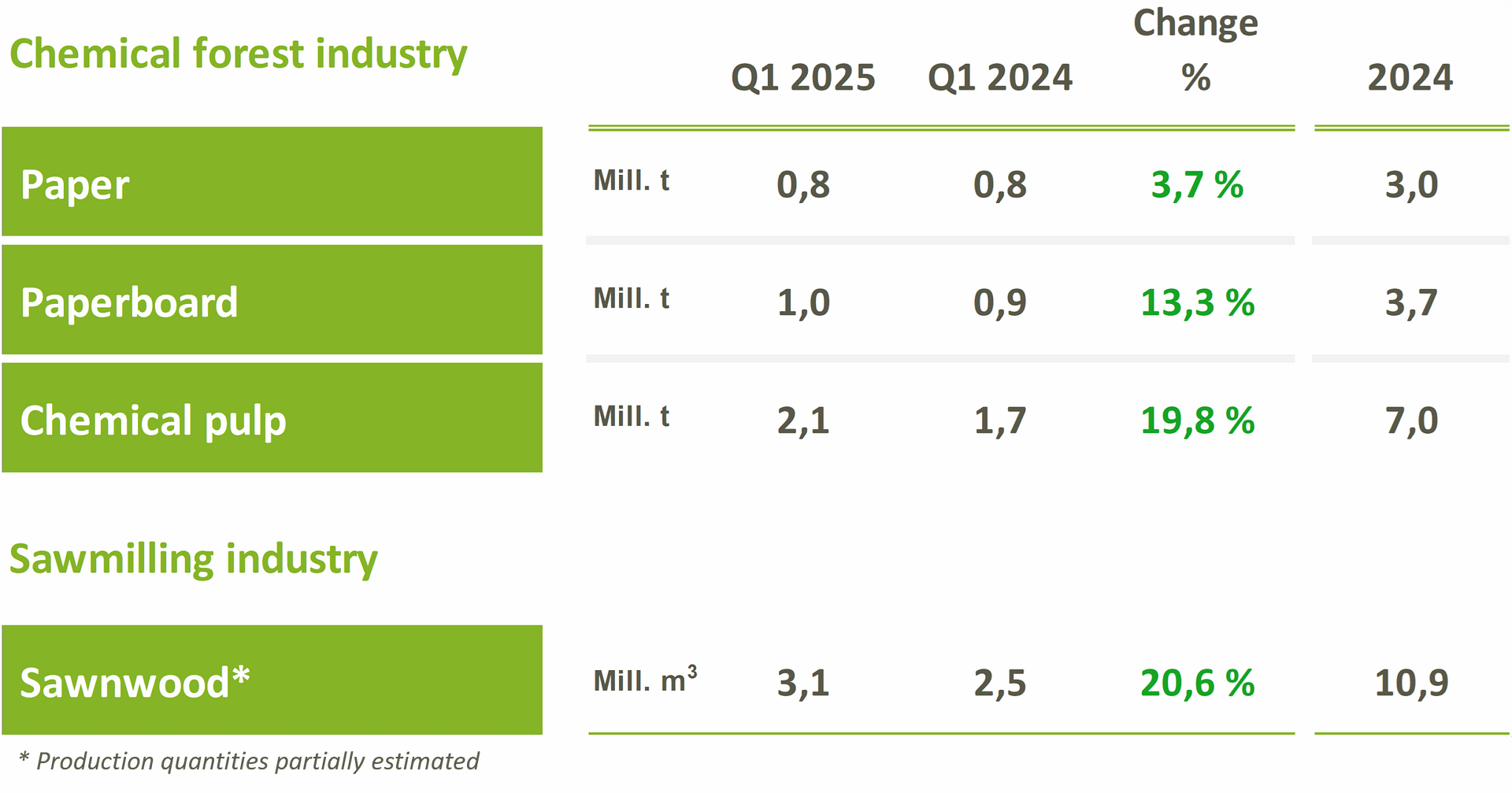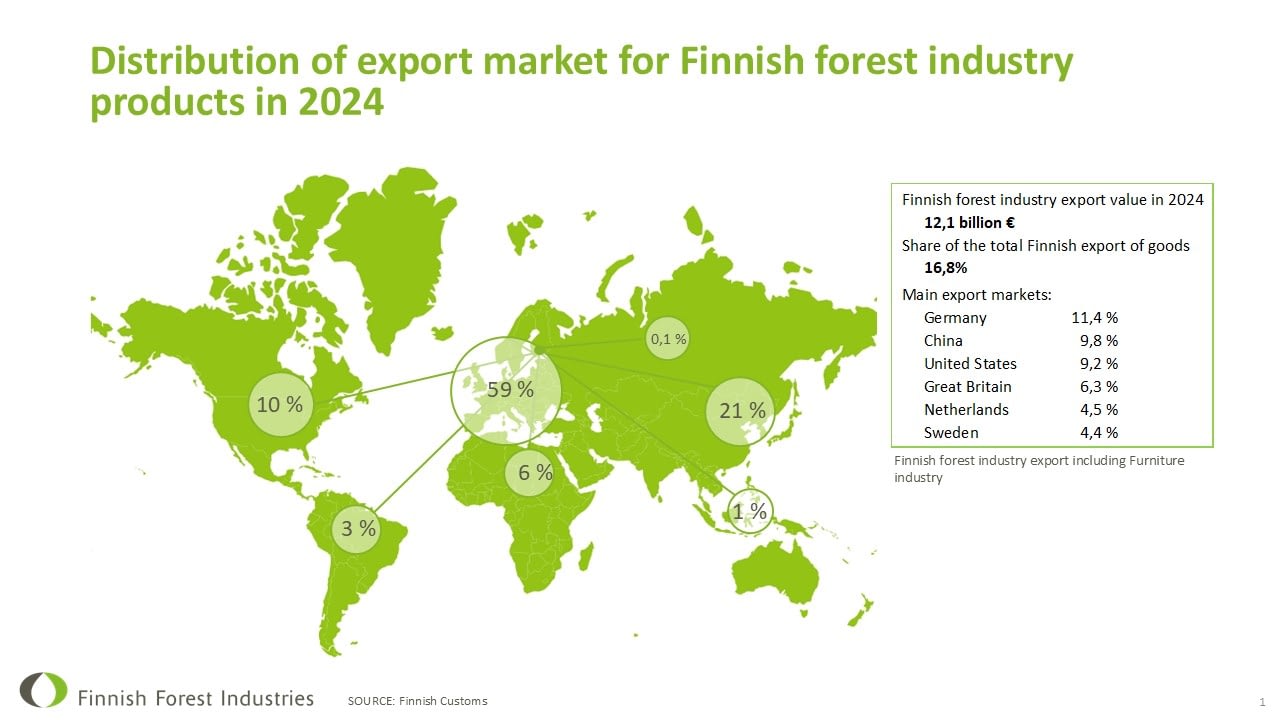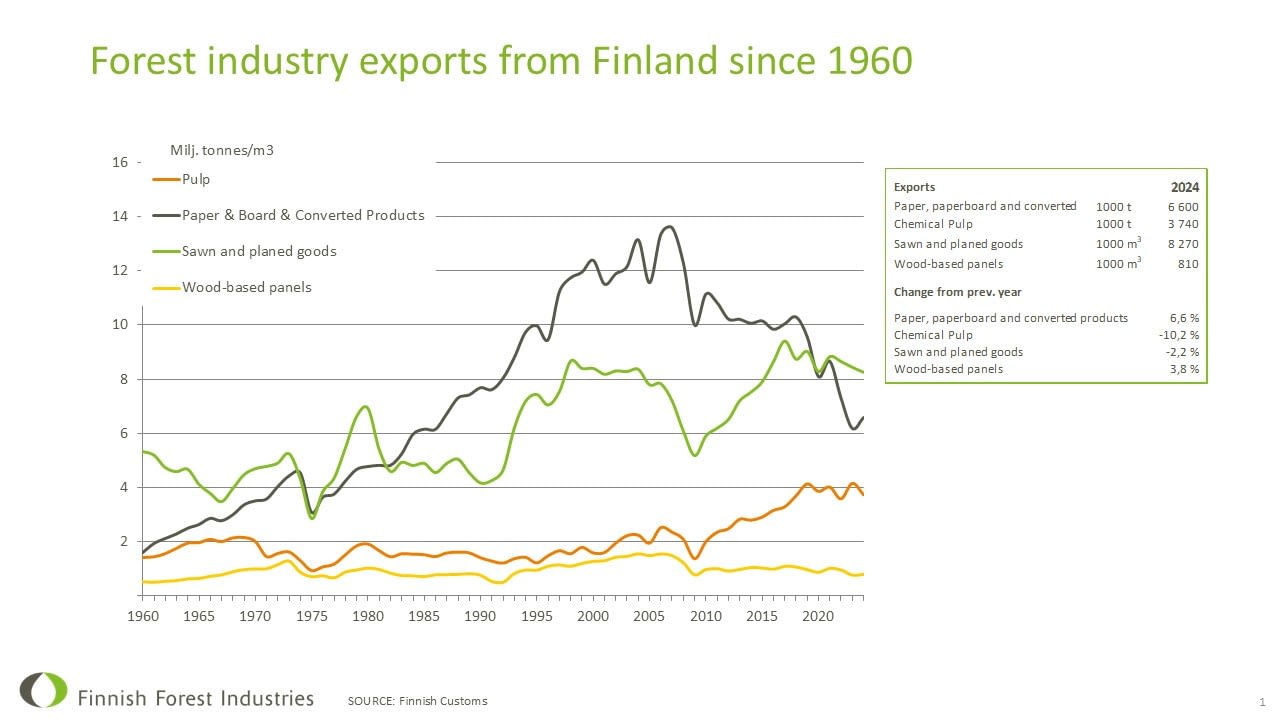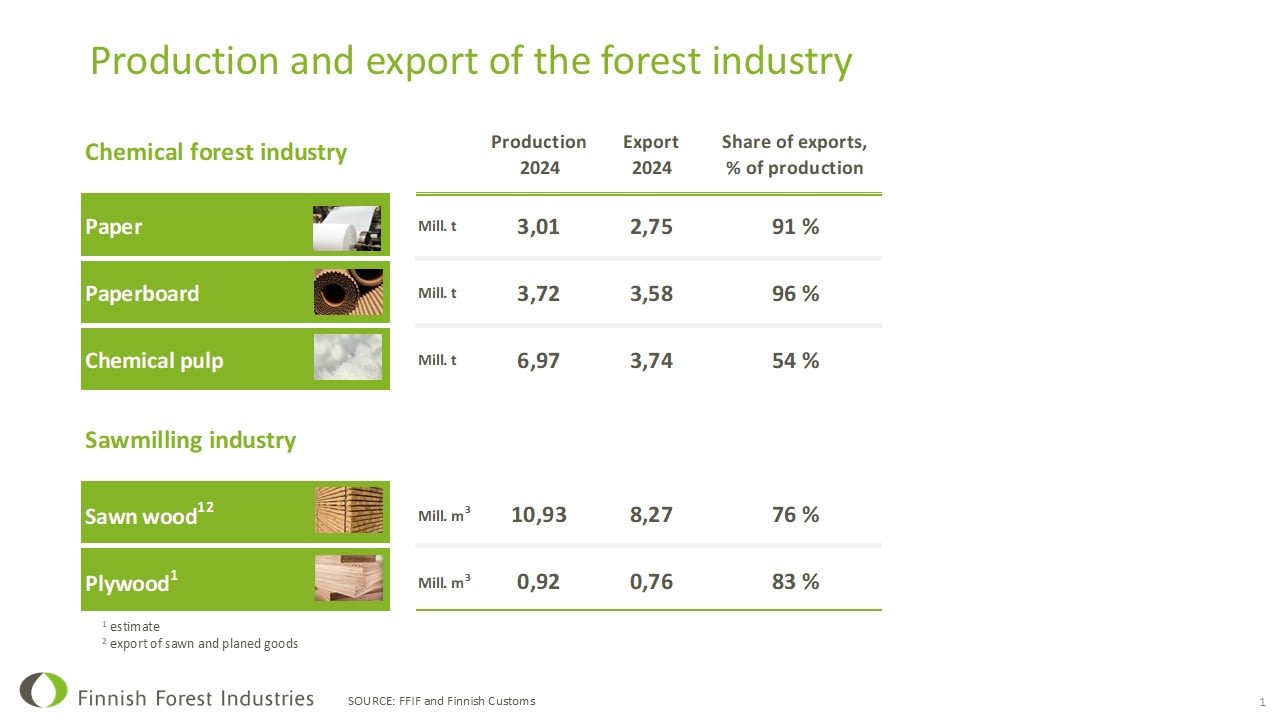The Commission will present its proposal for the new EU multiannual financial framework (MFF) later this summer. Before the Commission’s proposal the European Parliament will provide its own opinion with an own-initiative report that outlines the Parliament’s priorities and expectations for the EU’s long-term budget post-2027.
First, “stop the press”– things are changing. According to preliminary information, policy- and performance-based budgeting is planned to be a central part of the upcoming financial framework. If implemented, this would completely revolutionize the financial framework as we know it. Public discussion on the matter has been non-existent, even though it will likely be on of the most significant changes in the Union in a long time.
Information from the corridors of the Commission and Parliament, as well as from document sources, indicate that a shift to performance-based budgeting is indeed on the horizon. This would focus on monitoring the achievement of policy objectives rather than the management of funds. This immediately raises questions; who sets the objectives? By what metrics are they monitored? And with what resources?
What do different European actors want from the next budget? Members of the European Parliament want to highlight the situation at the Union’s eastern borders. Could a separate eastern border fund for the needs of border states be a tool to address this?
Due to the current geopolitical situation, preparedness and defence are emphasized, and for good reason. And political shifts in the United States have made European policymakers realise the urgent need to strengthen our competitiveness.
The Forest Industries clearly advocate that the bioeconomy and domestic raw material are an essential part of preparedness, and this should also receive support at the European level, as it benefits all the inhabitants of our union.
In addition, discussions in the Parliament’s corridors have included measures to mobilize private funds through the multiannual financial framework. The expansion of the Union is also part of the discussions.
New own resources and a possible new common EU loan are key issues currently being discussed. Horizontal objectives, such as climate, biodiversity, gender equality, competitiveness, and preparedness, are also elements being considered for inclusion in the budget by different political groups.
Based on current information, any joint debt, if decided, should be used solely to help Ukraine and the preparedness in the union. However, I anticipate, although there is a general consensus in favour of Ukraine, this will still be a difficult discussion among member states.
The pressures to reshape the future financial framework are evident, and changes are certainly on the way. The question now is how we in Finland can fully leverage the opportunities presented by these changes.







